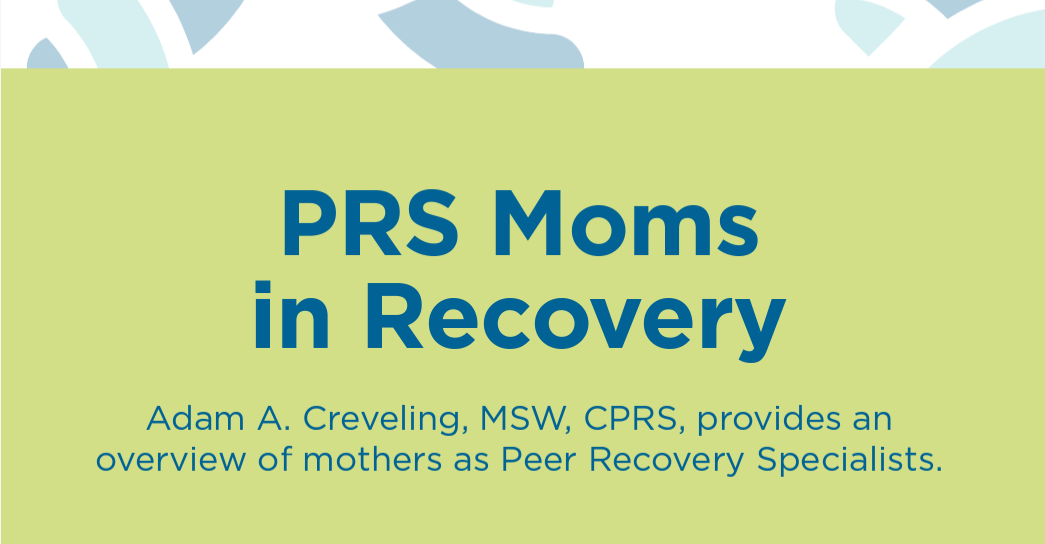Write your awesome label here.
Substance use disorder ally training hub
Peers
Peers and People with Lived Experiences
The Lived Experience video defines peers and people with lived experience, explores the history and efficacy of peers, cultural humility, cost, peer recovery for SUD, peers in clinical and policy spaces, parenting and peers, current barriers to peer utilization, and ways to apply peers to this work.
The Lived Experience video defines peers and people with lived experience, explores the history and efficacy of peers, cultural humility, cost, peer recovery for SUD, peers in clinical and policy spaces, parenting and peers, current barriers to peer utilization, and ways to apply peers to this work.

